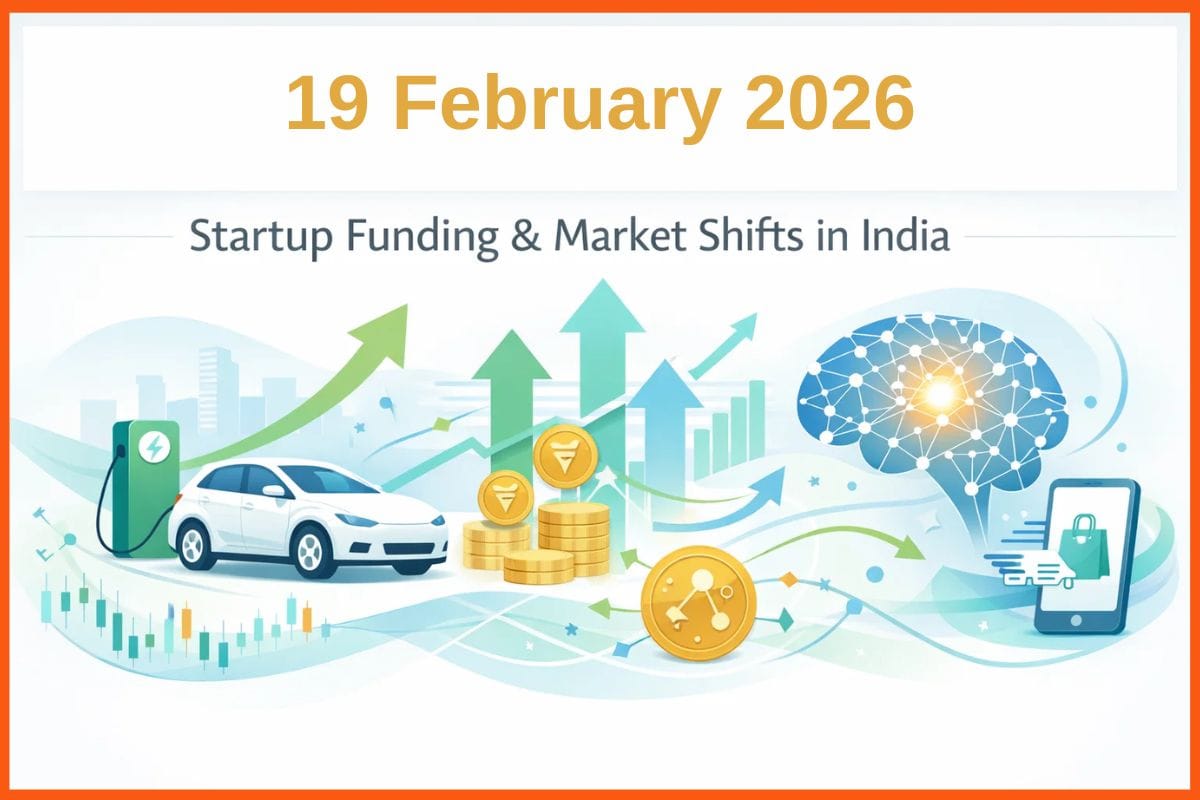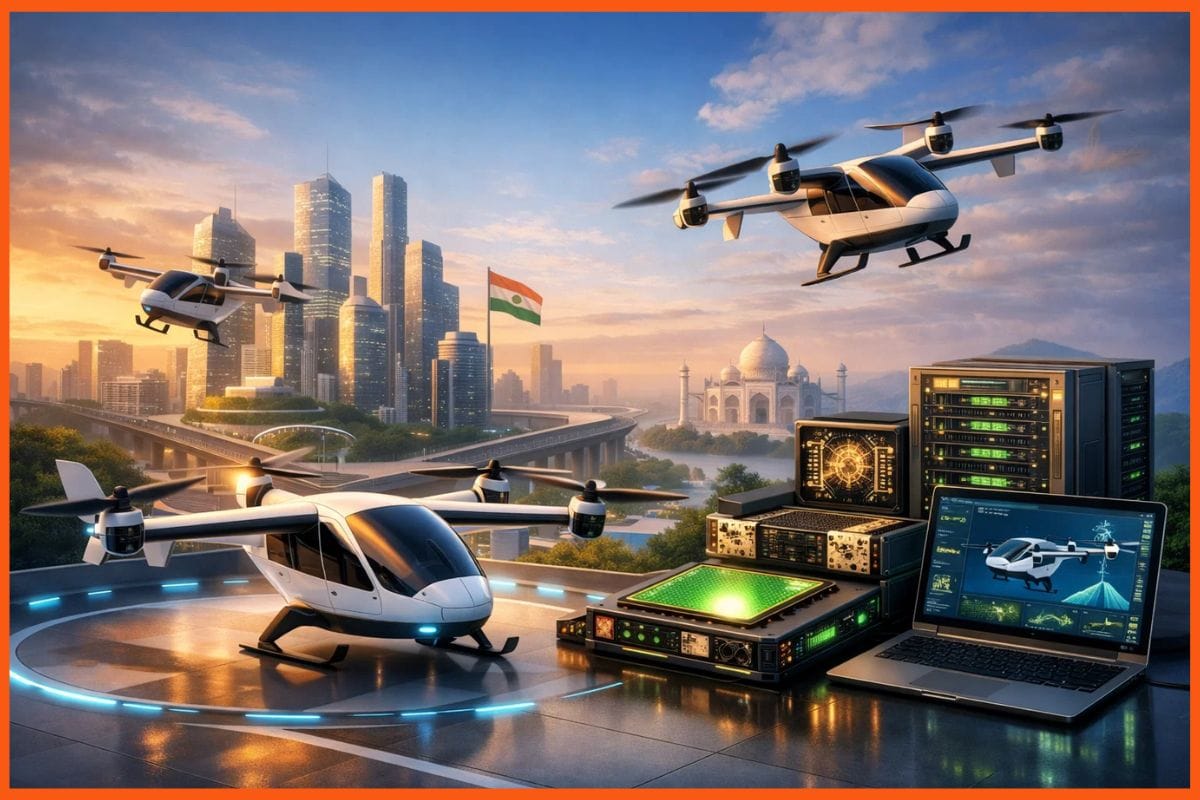What Jobs Will Generative AI Replace?
🔍Insights
It is not the strongest of the species that survives, nor the most intelligent that outlives. It is the one that is the most adaptable to change. That is what Charles Darwin, the nineteenth-century naturalist had said.
It essentially means that if you are capable of adapting yourself to changing circumstances around you, upskilling yourself, and beating your competitors to the punch, you will most probably survive the generative AI that most people see as replacing their jobs.
What is Generative AI?
Why should it have your attention?
What are the chances that Generative AI will replace you at work?
What kind of jobs Generative AI will replace?
The silver lining for Content Writers
What is Generative AI?
Generative artificial intelligence (AI) is a type of machine learning that uses algorithms to create new data, such as text, images, or audio, by learning patterns from existing data (or data sets). It’s an AI tool capable of using input data to self-learn and produce better text, images, audio, etc. Well, I wouldn’t say better, but it is pretty good, and is still in development, still learning. Companies like Google Inc., OpenAI, Midjourney Inc., Microsoft Inc., etc. are heavily investing in Artificial intelligence, and it remains to be seen who makes it more interesting, or say, intelligent.
Why should it have your attention?
There are plenty of reasons for you to be interested in generative AI, the most prominent one being its creative potential. It can create new content based on its input or practicing data set. It is evolving every day, and its ability to come up with more creative content, be it texts, images, or audio, will only get better with time. But that is not all.
It has the potential to analyze its responses. It can self-learn. Various generative AI models use multiple techniques— neural networks, deep learning, and reinforcement learning to learn the patterns and relationships in the data. This will open new dimensions in predictive analytics and how businesses can carry out their day-to-day operations.

What are the chances that Generative AI will replace you at work?
When it comes to technology, there are plenty of reports that suggest that technology has, since 1981, displaced workers faster than it has created jobs. Of course, there is significant uncertainty around the future of generative AI as it is still developing. But its ability to produce content that is literally indistinguishable from original/human-made content is concerning for many, and it should be. But on the same note, it is also true that workforce automation and the resulting job losses will be compensated by creating new jobs.
A report by investment bank Goldman Sachs says that Artificial Intelligence could replace around 300m full-time jobs. It further states that if generative AI delivers its capabilities as promised, the labor market will face substantial disruption.
So, the chances of generative AI replacing jobs are pretty high, but not all jobs— it cannot cook, for now, so we can rule that out.
What kind of jobs Generative AI will replace?
The future of AI’s role in the job market can broadly be put into two categories considering the impact of generative AI in the near- future. Firstly, AI will complement the employees’ work and then will replace the employees. The promised generative AI capabilities are truly charming— a charm that is tempting to companies. Companies always look for ways to reduce labor costs and enhance productivity, and generative AI will provide them with such opportunities.
The fourth industrial revolution– industry 4.0– is about the internet and AI. Combining the Internet of Things (IoT), cloud computing, simulation, additive manufacturing, predictive analytics, Machine Learning (ML), and Big Data will set the course of Industry 4.0. It is also true that not all businesses are using AI as of now, and most works are only partially exposed to artificial intelligence and automation. With AI adoption, companies will get an opportunity to apply some of their freed-up capacity toward highly productive activities and enhance output.
So, it is more likely that replaced workers will be re-employed with improved, higher levels of productivity at hand, as well as new emerging job opportunities. The automation-led growth will also create a demand for labor.
The Goldman Sachs report also highlights two of the most influential Generative AI abilities that will have macroeconomic effects, one being its ability to produce new content that is indistinguishable from the original human-created output and the second being its ability to break down the barriers between machines and humans. Both of these will have a substantial effect on employees and employers around the world.
People who will be most affected by generative AI are the ones whose work involves web scraping to gather relevant data, preparing a clean data set, making sense of data, data processing, data analyzing, making people understand that information, keeping records or documentation, etc. Additionally, generative AI will positively affect the job market in the field of Content writing and editing, Journalism, Law, graphics designing and music, customer services, data entry, administration, bookkeeping, taxing, insurance and loan approval, etc. Chat GPT and Bard will enable even intermediate-skilled people to write articles and essays unless there is significant demand for such work, journalists and content writers will face severe competition.
The silver lining for Content Writers
Recently I came across a few articles published by CNET— a tech news site— that used AI to write finance articles like ‘What is compound interest’, ‘Does a home equity loan affect private mortgage insurance?’, and many more. It used SEO-friendly keywords, and Google allowed advertisements on these pages. Futurism highlighted this fact— CNET had been quietly publishing AI-generated articles since November last year without any formal announcement. CNET acknowledged this fact and said that it was not a big deal— the readers couldn't understand if the article was written by AI or a human. But the main problem is AI misrepresenting facts. Many articles contained false information, and CNET had to revise them.
The authorship of the articles isn’t instantly clear when you read the articles, but you will find something like this written in the dropdown description under staff:
"This article was generated using automated technology and thoroughly edited and fact-checked by an editor on our editorial staff."
But CNET is not the first one to do this. Associated Press also started using AI in 2015. America’s oldest, 24h news agency produced 10 times more articles (3000 articles in a quarter) than it used to by using the automation technology at Automated Insights, a firm known for AI and “robot journalism”.
The silver lining, however, is that AI is still evolving and is not perfect yet. It still makes mistakes on many fundamental topics— finance, polity, and politics. Many people have already pointed out the inability of ChatGPT to write unbiased content when it comes to the Democrats and the Republicans, Donald Trump, and Joe Biden, and even religious figures.
So, as long as you are a creative, rational, objective content writer or journalist, your job is safe, and you will stand out. Undoubtedly, generative AI will replace some folks at work, but it will also provide a massive opportunity for you to reinvent how you work and hopefully complement your work with added creativity and accuracy. As AI and deep learning mature over time, business productivity will correspondingly improve, resulting in more labor demand and new job opportunities.
FAQs
What is Generative AI?
Generative artificial intelligence (AI) is a type of machine learning that uses algorithms to create new data, such as text, images, or audio, by learning patterns from existing data (or data sets).
In which fields may Generative AI affect jobs?
Generative AI will positively affect the job market in the field of Content writing and editing, Journalism, Law, graphics designing and music, customer services, data entry, administration, bookkeeping, taxing, insurance and loan approval, etc.
Must have tools for startups - Recommended by StartupTalky
- Convert Visitors into Leads- SeizeLead
- Website Builder SquareSpace
- Run your business Smoothly Systeme.io
- Stock Images Shutterstock






